As a Filipino immigrant, I find that there are many ties between the Philippines and Hawaii. Our cultures and histories overlap, along with shared ties of allyship and other exchanges.
This week, I get to combine my two worlds and share those stories of interconnection as a Filipino American student journalist from the University of Hawaii at Mānoa covering the East-West Center International Media Conference in Manila.
My mom and I immigrated from the Philippines in 2010, when I was four years old. We were petitioned by my lola and lolo to come here. My mom later petitioned my dad to come here in 2013. Since then, we’ve lived in my grandparents’ house.
However, we havenʻt lost touch with our relatives back home. My family and I travel to the Philippines every few years to spend time with our families. We would also go on bi-weekly video calls with them over Facebook Messenger, asking about their lives and catching up on many things.
It is through these calls that they ask us to send them food items, branded clothing, and sometimes even remittances. When we pack our balikbayan boxes, they are stuffed with boxes of SPAM, Libby’s Vienna Sausage, and Chicken by the Sea (canned tuna).
These products are often more affordable to acquire in the United States than the Philippines.
To give context, the Philippines is reliant on its overseas foreign workers (OFWs) for their contributions to the country’s gross domestic product (GDP). OFWs work abroad in pursuit of higher-paying jobs than those found in the Philippines.
All of these economic exchanges contribute to the continuing relationship between balikbayans and their homeland.
“But the issue is, how well do they take care of them, protect their rights as workers abroad, even their safety concerns from sexual assault? That’s why there’s such a big welcoming at the airport,” said Jonathan Okamura, a retired Ethnic Studies professor from UH Mānoa.
Okamura has published an anthology about Filipinos and their ethnic experiences in Hawaii.
He raises a vital point: How can this constant export of labor lead to economic security for the Philippines when it endangers the safety of said laborers?
Despite these circumstances that have pulled us away from the Philippines, we indirectly contribute to settler colonialism here in the islands.
Both Hawaii and the Philippines share a colonial past – through the United States’ illegal occupation of Hawaii and the Philippine-American War, along with the period that followed these events.
These connections were made clear to me through the 1898 Project Summit hosted at UH Mānoa in April of this year. Many scholars gathered from various areas affected by U.S. imperialism to discuss their research and activist experiences.
One panel I found interesting was centered around ongoing issues of resistance. It reminded me of many complex aspects of how Filipinos and Kānaka Maoli have risen up to meet these challenges. It illustrated to me how these struggles should not be seen as separate entities but rather as a collective call for change.
In spite of our aforementioned role, there are ways that Filipinos can ally ourselves with Kānaka and other groups to create sustainable futures for ourselves.
“As Filipinx in Hawaii, much like other people of color in settler colonies, our task is always two-fold: to deepen our commitment to indigenous survival and self-determination on the lands on which we settle, and to deepen our commitment to the survival and self-determination of our own people who are often forced into diaspora,” said Kim Compoc in her article, Weaving Our Sovereignties Together.
Compoc is a professor at the University of Hawaii at West Oʻahu, specializing in Filipinx American history and the U.S. Empire.
Like Compoc, many of the Filipinos I met in Hawaii help advance our culture through the work that they’ve done — whether it be the professors I’ve been in conversations with throughout my time at UH Mānoa, businesses with Philippine-inspired twists, or even journalists with whom I’ve had the privilege of working.
Navigating these complexities is simply a part of my journey as a Filipino living in Hawaii. One day, I hope that my work, and that of others, are able to forge better futures for both places.


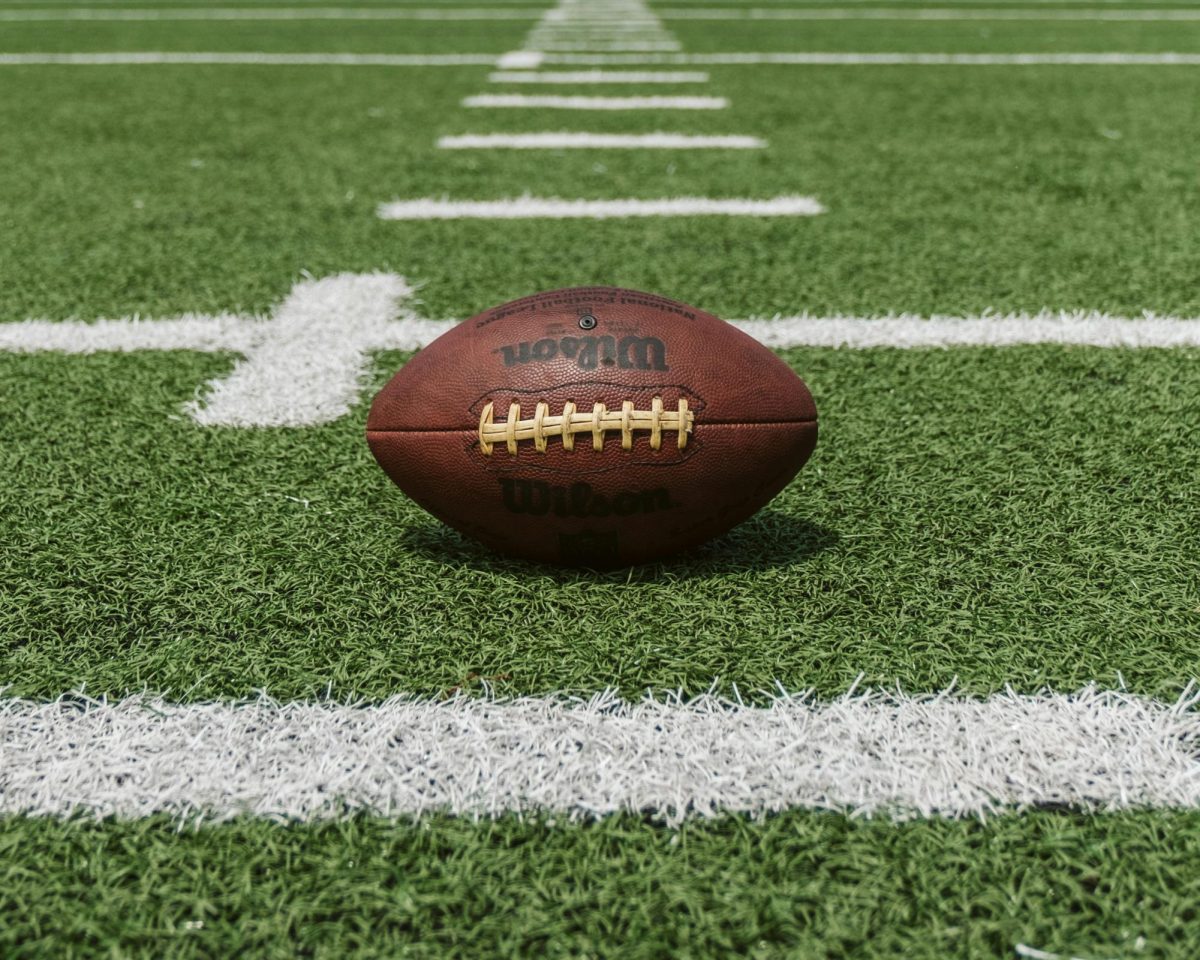
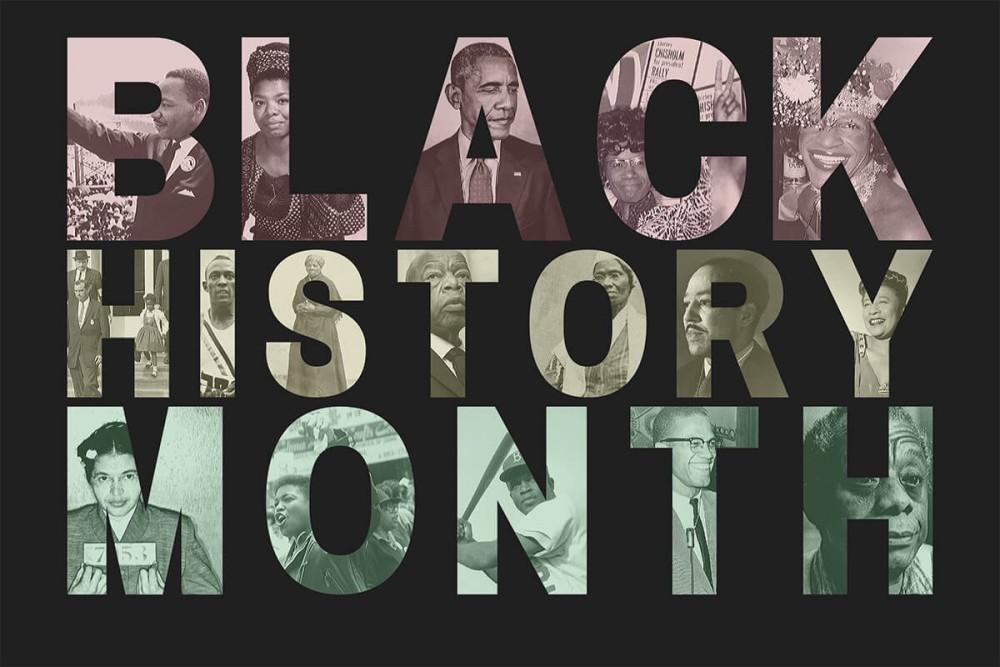

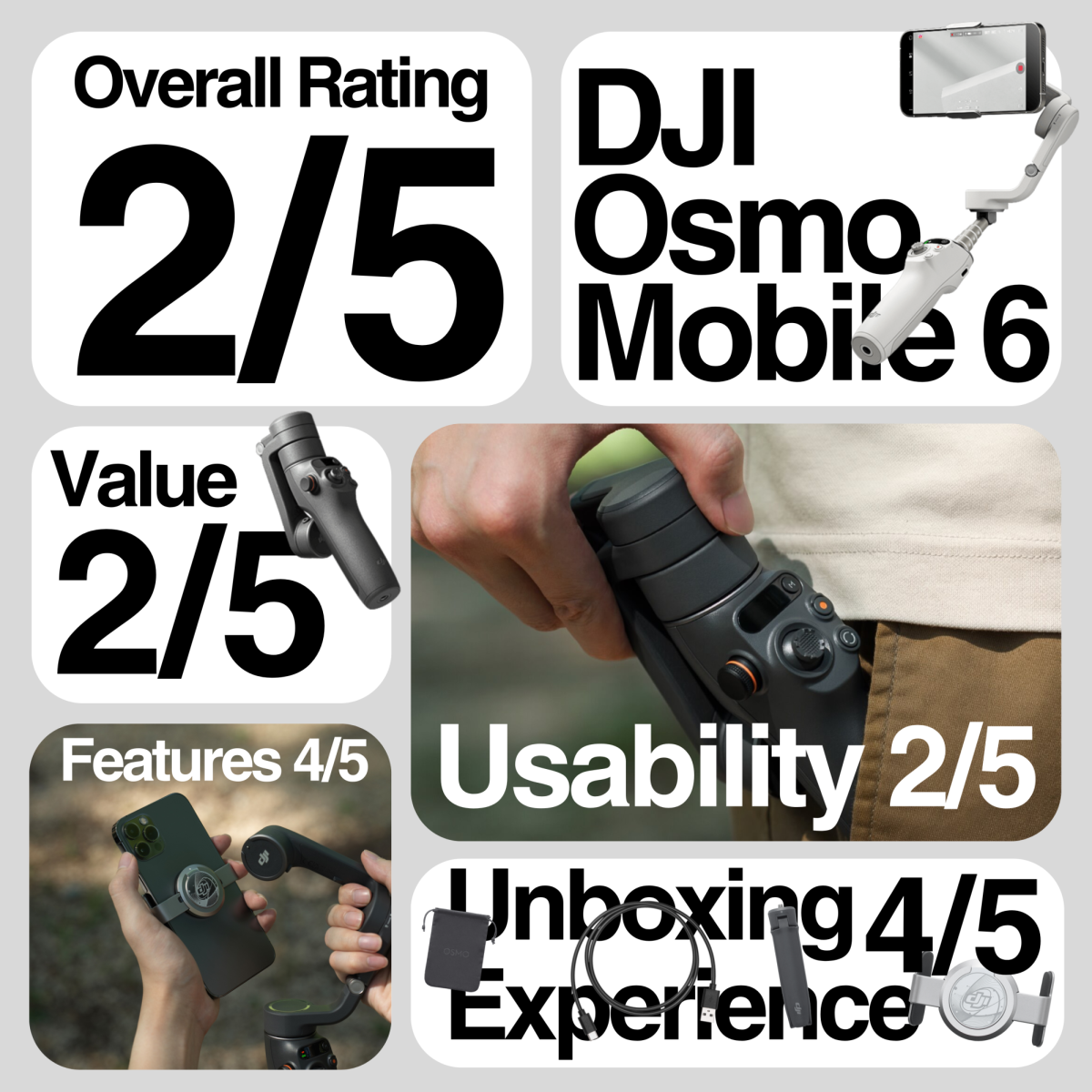
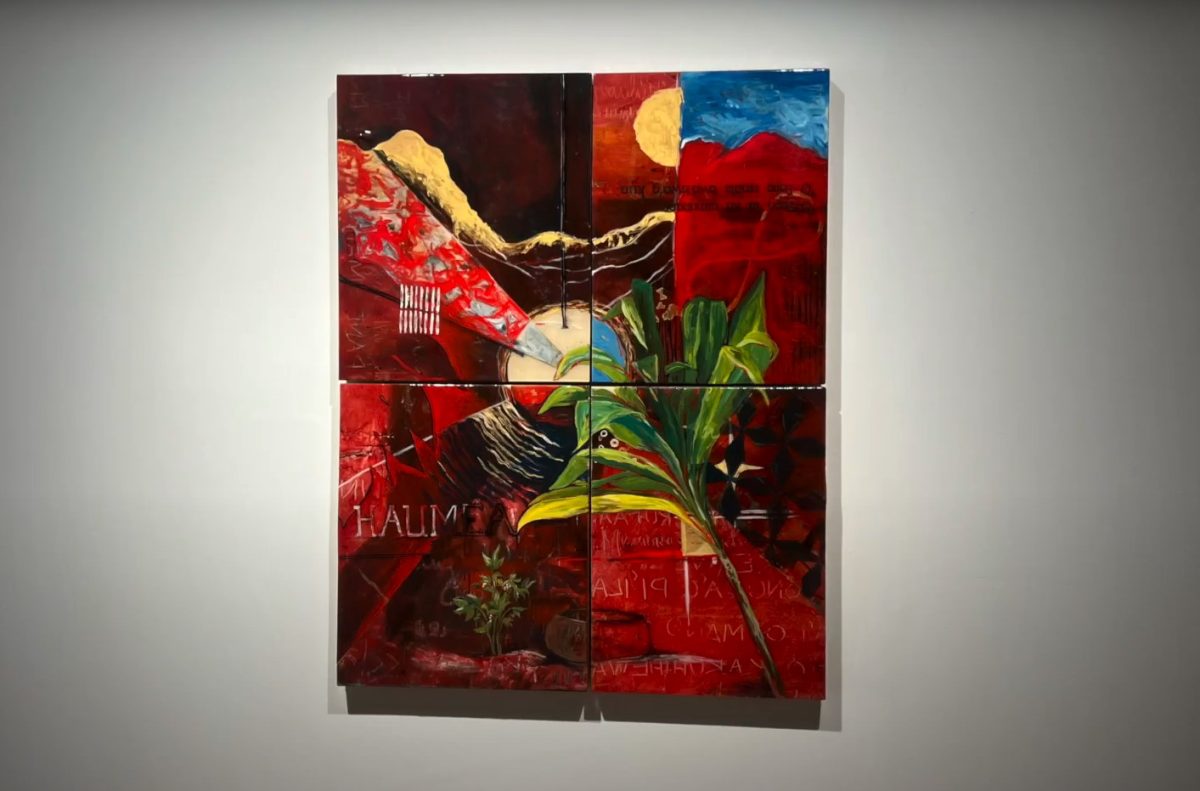

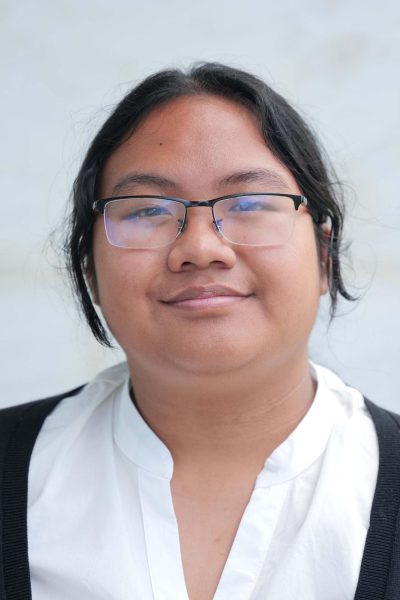
Dean • Oct 29, 2024 at 11:51 am
What a beautiful article connecting our shared histories and paths forward.
Naka • Jun 25, 2024 at 8:08 pm
Very well done! I’m glad you’re in Manila and sending these dispatches. Keep up the great journalism.